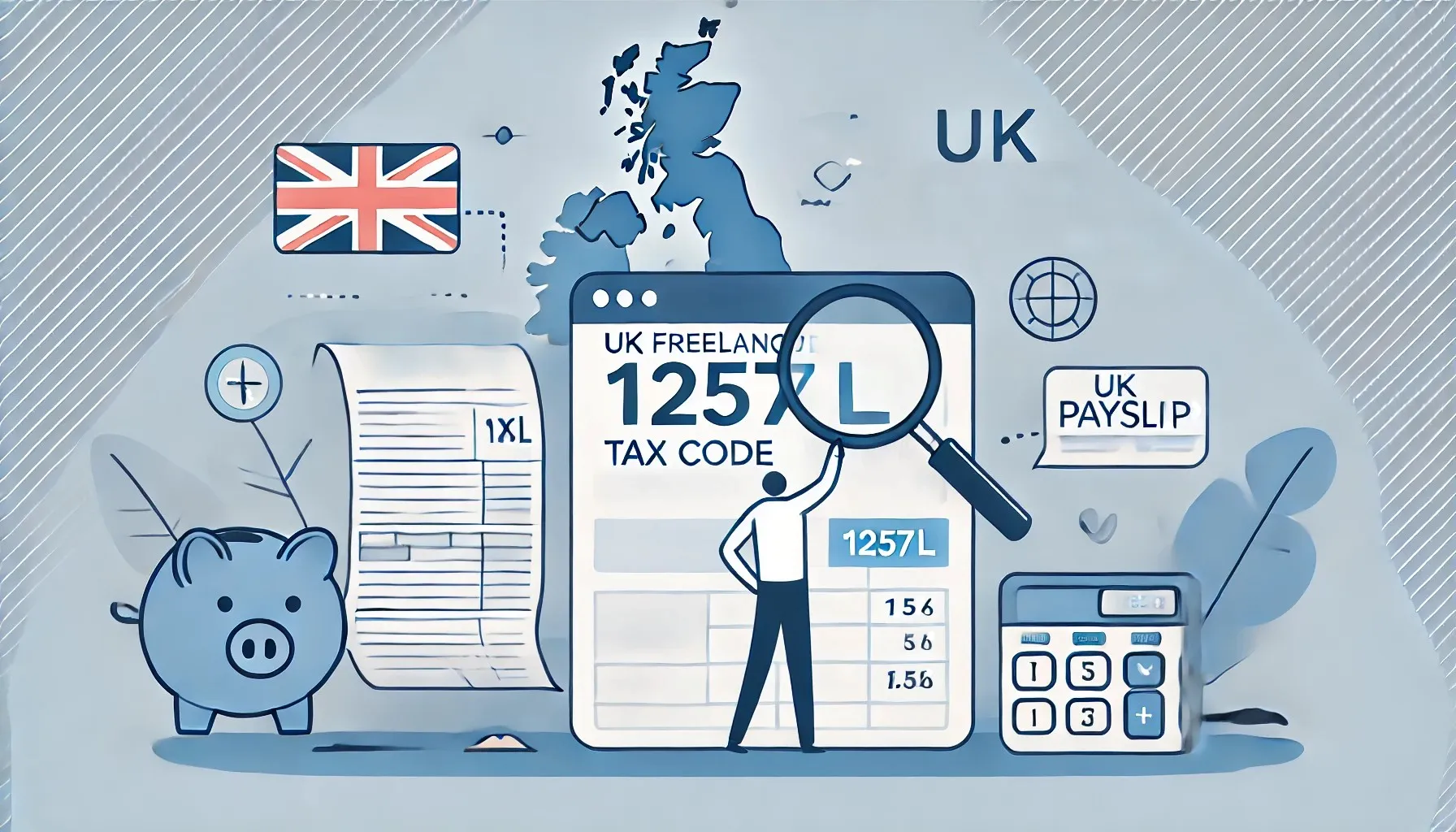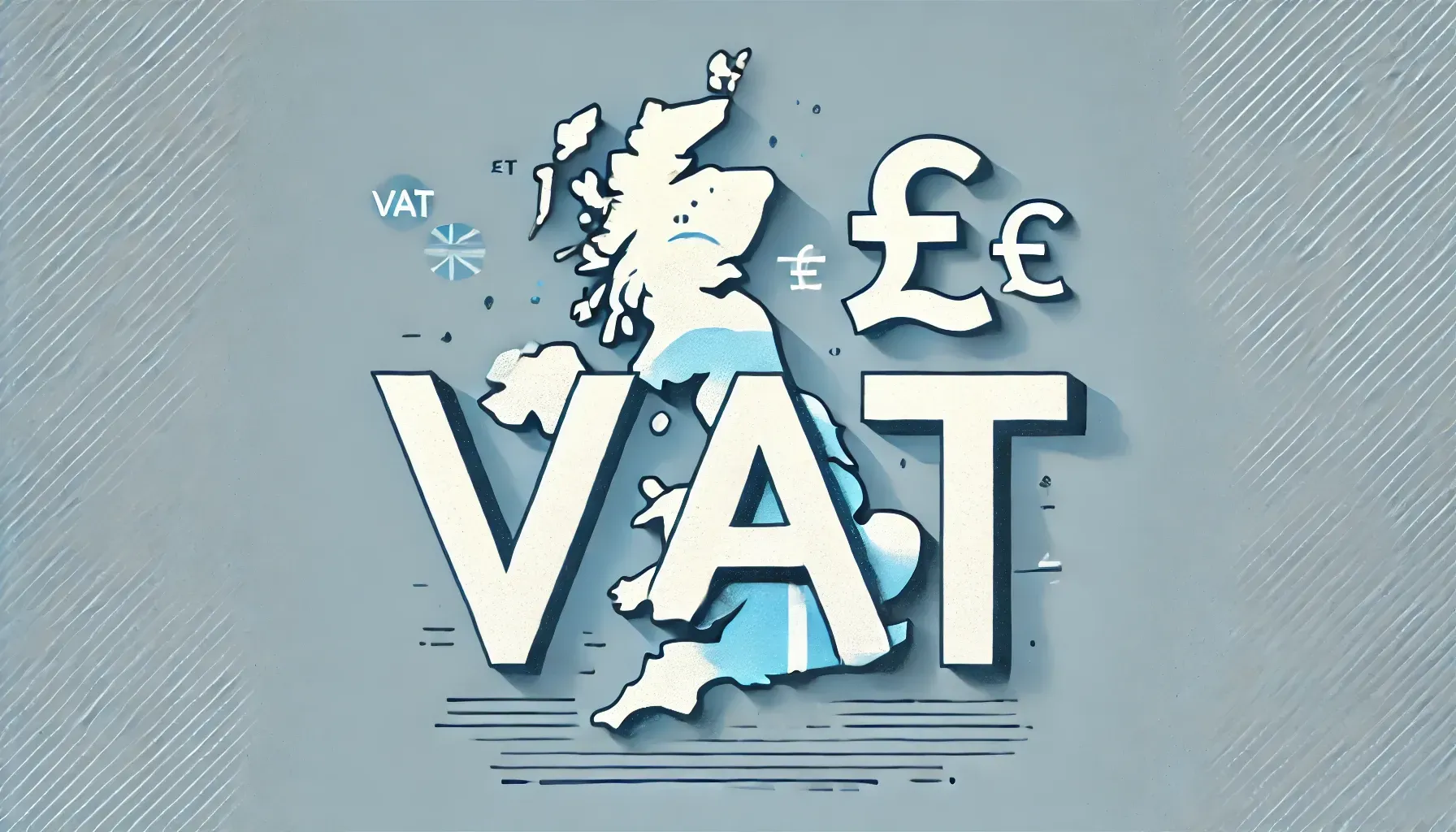Can a Sole Trader Have Employees?
- 09 June 2025

Why going solo doesn’t mean going it alone
Expert Insights from SBX Accountants
When people hear the term sole trader, they often assume it means working alone. It’s a fair assumption – sole sounds like “just one person.” But in business, sole refers to ownership, not the number of people involved in the day-to-day work.
At SBX Accountants, we support hundreds of sole traders across the UK, and one question we hear regularly is:
“Can a sole trader employ staff?”
The answer? Yes – absolutely. And in fact, many do.
What Is a Sole Trader?
A sole trader is a self-employed individual who owns and operates their business as an unincorporated entity. There’s no legal distinction between you and your business — you’re personally responsible for all debts and obligations.
It’s the most popular business structure in the UK due to its simplicity:
- No need to file company accounts
- No corporation tax
- You declare profits through Self Assessment
- You pay Income Tax and National Insurance on those profits
Can Sole Traders Hire Employees?
Yes — being a sole trader doesn’t mean working alone. It means you own 100% of the business. You can absolutely employ staff to help grow your operations.
Why You Might Hire Staff as a Sole Trader
- Increase capacity to take on more clients
- Free up your time for higher-value work
- Bring in new expertise or services
- Scale your business without sacrificing quality
Hiring is a big step – but a good sign you’re growing. At SBX, we help you handle it all smoothly.
Your Legal Responsibilities as a Sole Trader Employer
Once you hire someone, you must meet the same employer obligations as any business. Here’s what that includes:
1. Register with HMRC for PAYE
Before paying anyone, register as an employer with HMRC. This sets up PAYE (Pay As You Earn) so you can handle tax and National Insurance deductions.
2. Provide a Written Employment Contract
All employees must receive a written statement of employment terms by their first day. This includes pay, working hours, holiday, and notice periods.
3. Pay at Least the Minimum Wage
You must pay at least the current National Minimum Wage or National Living Wage depending on age. These rates are updated each April.
4. Operate Payroll and Submit RTI Reports
You’ll need to:
- Deduct tax and National Insurance from wages
- Submit Full Payment Submissions (FPS) to HMRC
- Pay tax/NIC to HMRC by the 22nd each month (if online)
✅ SBX packages include payroll processing for up to 2 employees – we handle this for you.
5. Honour Statutory Employment Rights
Employees are legally entitled to:
- 28 days of paid holiday (including bank holidays)
- Statutory Sick Pay (SSP)
- Maternity/paternity leave
- Protections under Working Time Regulations
6. Set Up a Workplace Pension (If Eligible)
If your employee:
- Is aged 22 or older
- Earns over £10,000/year
You must auto-enrol them in a pension scheme:
- You contribute at least 3%
- The employee contributes 5%
7. Stay Compliant with Employment Law
- Verify their right to work in the UK
- Follow the Equality Act 2010
- Maintain a safe working environment
- Keep accurate payroll and pension records
- Hold employers’ liability insurance (legally required)
Why Work with SBX Accountants?
Hiring staff and growing your business should feel exciting — not overwhelming. At SBX, we make the process simple:
✅ A dedicated accountant who knows your business
✅ Unlimited support with same-day replies
✅ Payroll for up to 2 staff included in your plan
✅ Full QuickBooks setup and support
✅ Year-end accounts and Self Assessment filing
✅ MTD-ready compliance (ahead of 2026 changes)
Ready to Grow Your Sole Trader Business?
Whether you’re hiring your first employee or just want peace of mind that you’re on track – we’re here to support you.
📞 Request a free callback today and speak with a sole trader specialist at SBX Accountants.
Let’s help you grow — the smart and compliant way.





